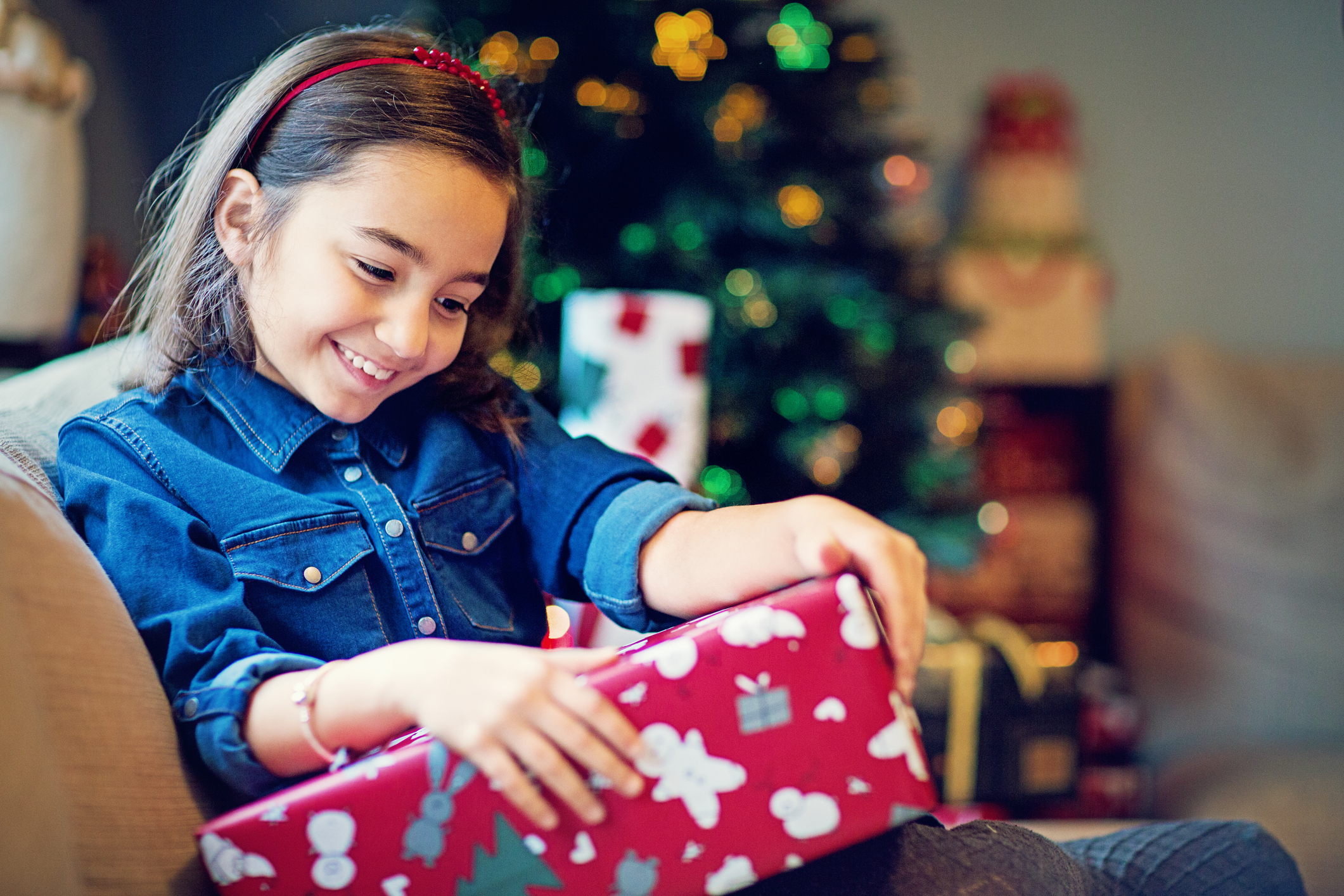
Navigating the Holidays with a Child with Autism
The holiday season is a time for celebration but can bring challenges for children with autism. Here are tips to prepare your child for the holidays.
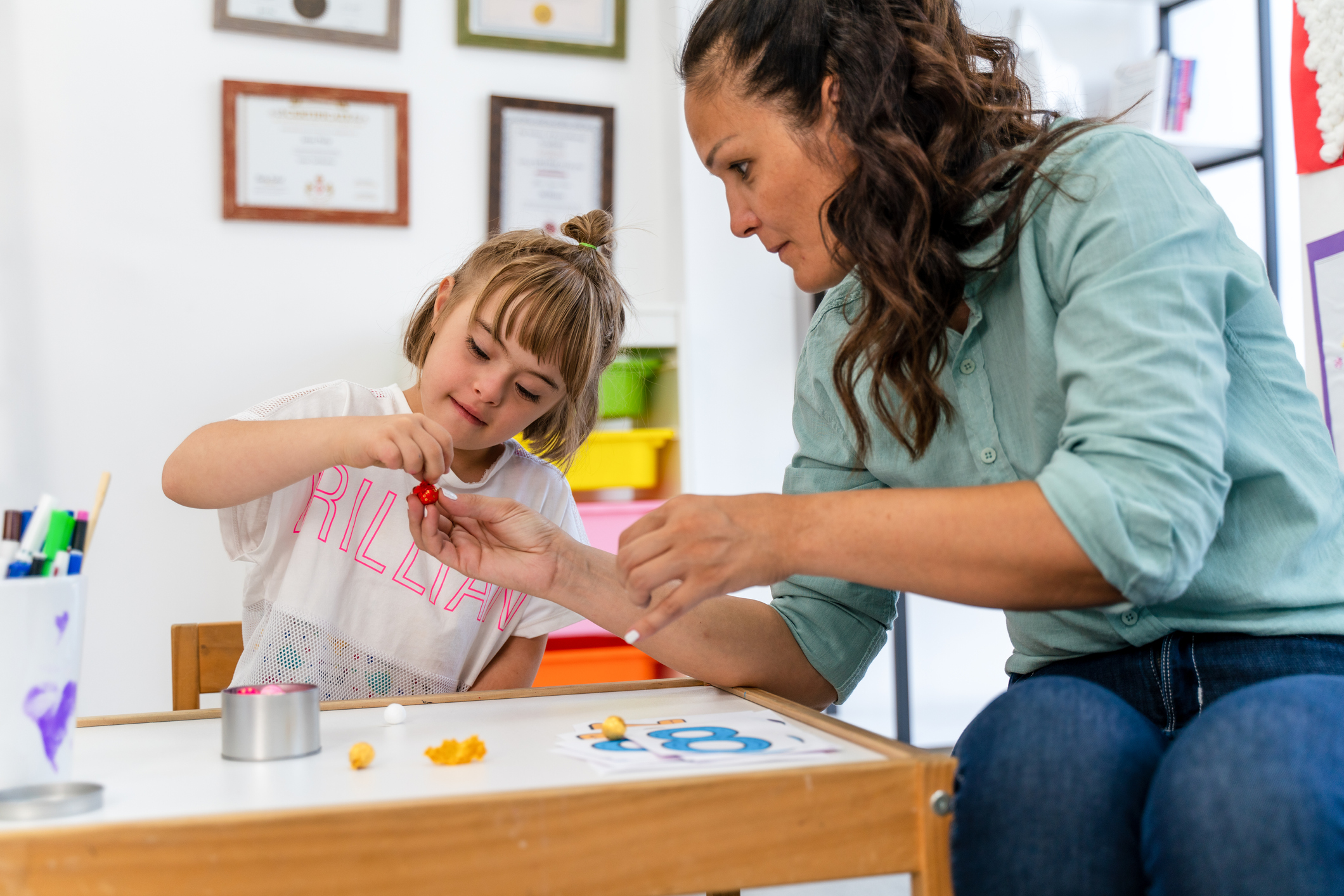
Applied Behavior Analysis (ABA) therapy is an evidence-based therapy for children with autism spectrum disorder (ASD). Common ABA therapy strategies are focused on developing and optimizing your child’s communication skills, social skills, learning skills, and overall quality of life. If you’re a parent seeking guidance, understanding these strategies can make a significant impact on the success of ABA interventions.
ABA therapy begins with a comprehensive Functional Behavior Assessment (FBA) performed by a Board Certified Behavior Analyst (BCBA) to identify your child’s strengths, weaknesses, and unique needs to write goals to address through ABA therapy. This approach allows your child’s ABA therapists to tailor strategies that address specific challenges associated with autism spectrum disorder (ASD). By identifying key target behaviors, therapists can create an individualized Behavior Intervention Plan (BIP) for effective treatment and intervention.
The process of pairing in ABA therapy plays an important role in ABA therapy as it fosters a strong relationship between the child and their Registered Behavior Technician (RBT). At the beginning of each ABA session, RBTs generally prioritize building a connection with the child through free-play and engaging conversations. Creating a nurturing and supportive relationship establishes a basis for effective and meaningful ABA therapy sessions.
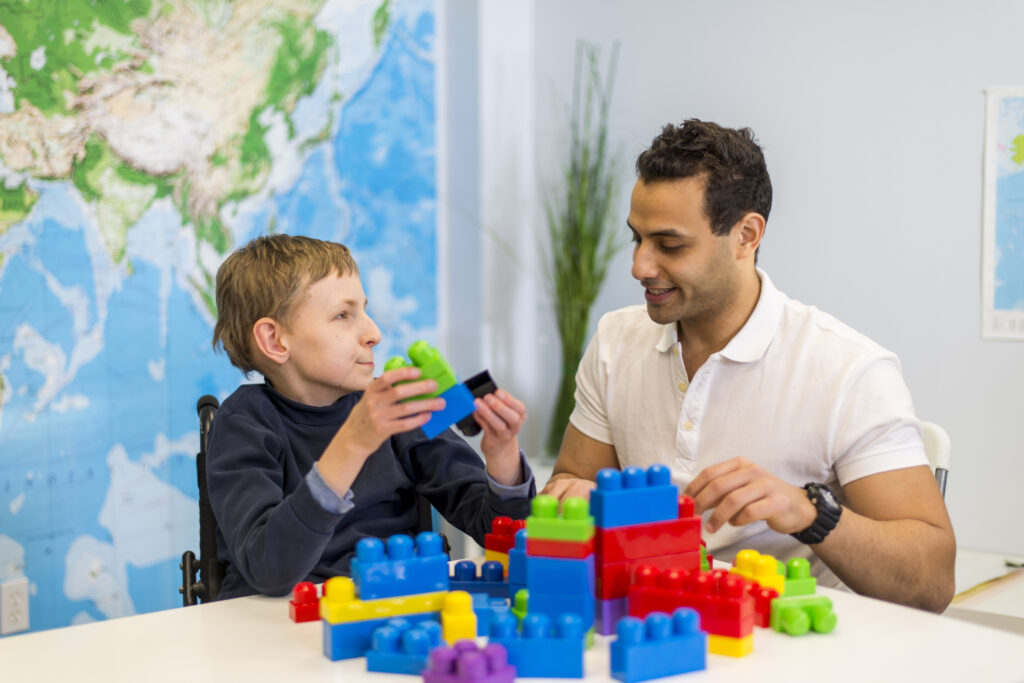
Discrete Trial Training (DTT) is a commonly used ABA therapy strategy. This method breaks down specific skills for children with autism into discrete, manageable trials. DTT is highly systematic and allows for repetition to facilitate the acquisition and maintenance of targeted skills. By setting clear expectations, DTT becomes a foundation for more complex learning. DTT is a versatile tool for enhancing language and communication skills, daily living skills, and play skills.
Natural Environment Teaching (NET) is an evidence-based approach in ABA therapy that seamlessly integrates a child’s natural surroundings into the teaching and development of essential skills, fostering skill generalization. By utilizing familiar toys, games, and materials, NET establishes a familiar learning environment for the child. This less structured method prioritizes the child’s comfortability, contributing to a more relaxed and effective learning experience.
Positive reinforcement is a cornerstone of ABA therapy. By rewarding desired behaviors with positive stimuli, such as praise, tokens, or preferred activities, ABA therapists reinforce the likelihood of those behaviors occurring again. This method of ABA therapy helps children with ASD associate positive outcomes with appropriate actions, motivating them to engage in desired behaviors more frequently.
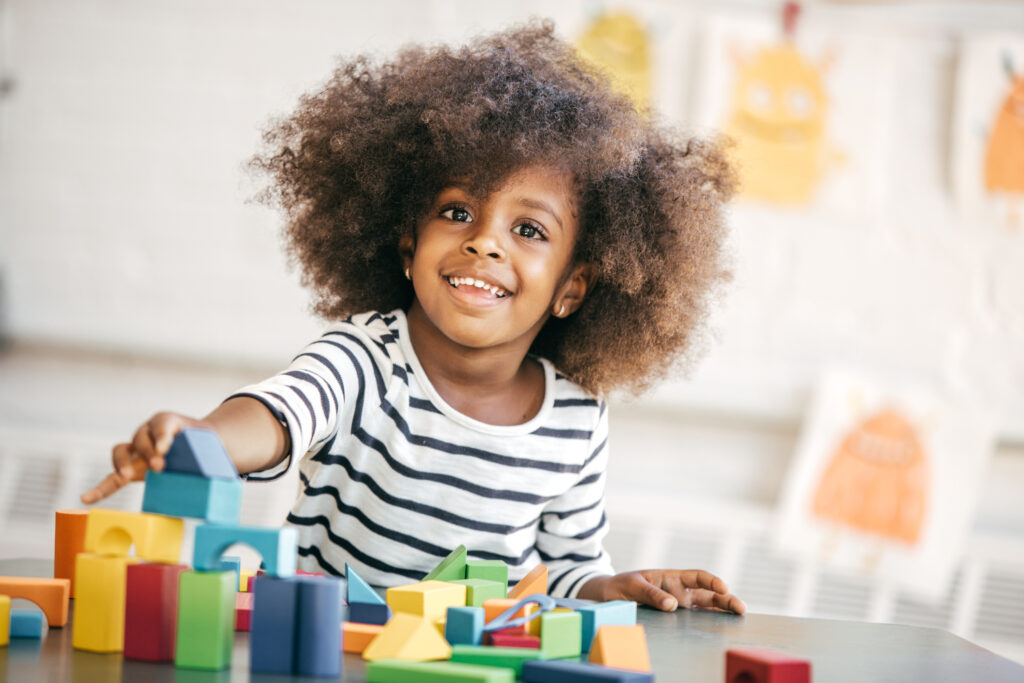
ABA therapy strategies are versatile for a personalized approach to addressing the unique goals and needs of children with autism. By incorporating a combination of these common methods, ABA therapists can maximize the effectiveness of interventions. As parents and caregivers, understanding these strategies empowers you to actively participate in your child’s ABA journey. If you’re seeking evidence-based approaches to support your child with autism, ABA therapy and its scientifically proven strategies offer potential for success.
Surpass Behavioral Health is dedicated to helping children and teens with ASD. With a focus on high-quality individualized care, support for families, and a commitment to evidence-based techniques, we are here to make a positive impact in the lives of those we serve. Contact us or get started today to learn more about our clinic-based ABA services.

The holiday season is a time for celebration but can bring challenges for children with autism. Here are tips to prepare your child for the holidays.
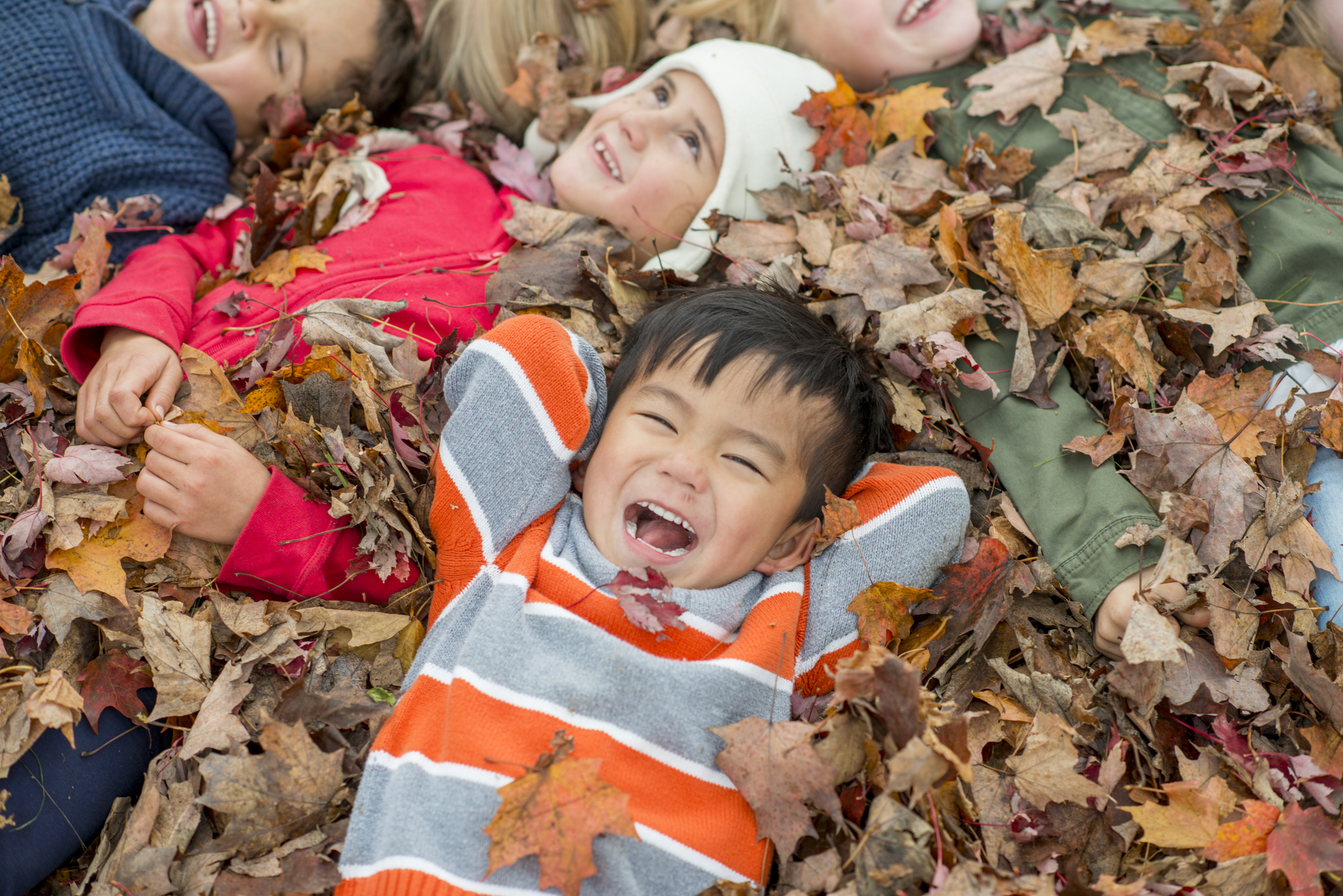
Explore our 5 favorite sensory-friendly fall activities for children with autism to make the most of the season as a family!
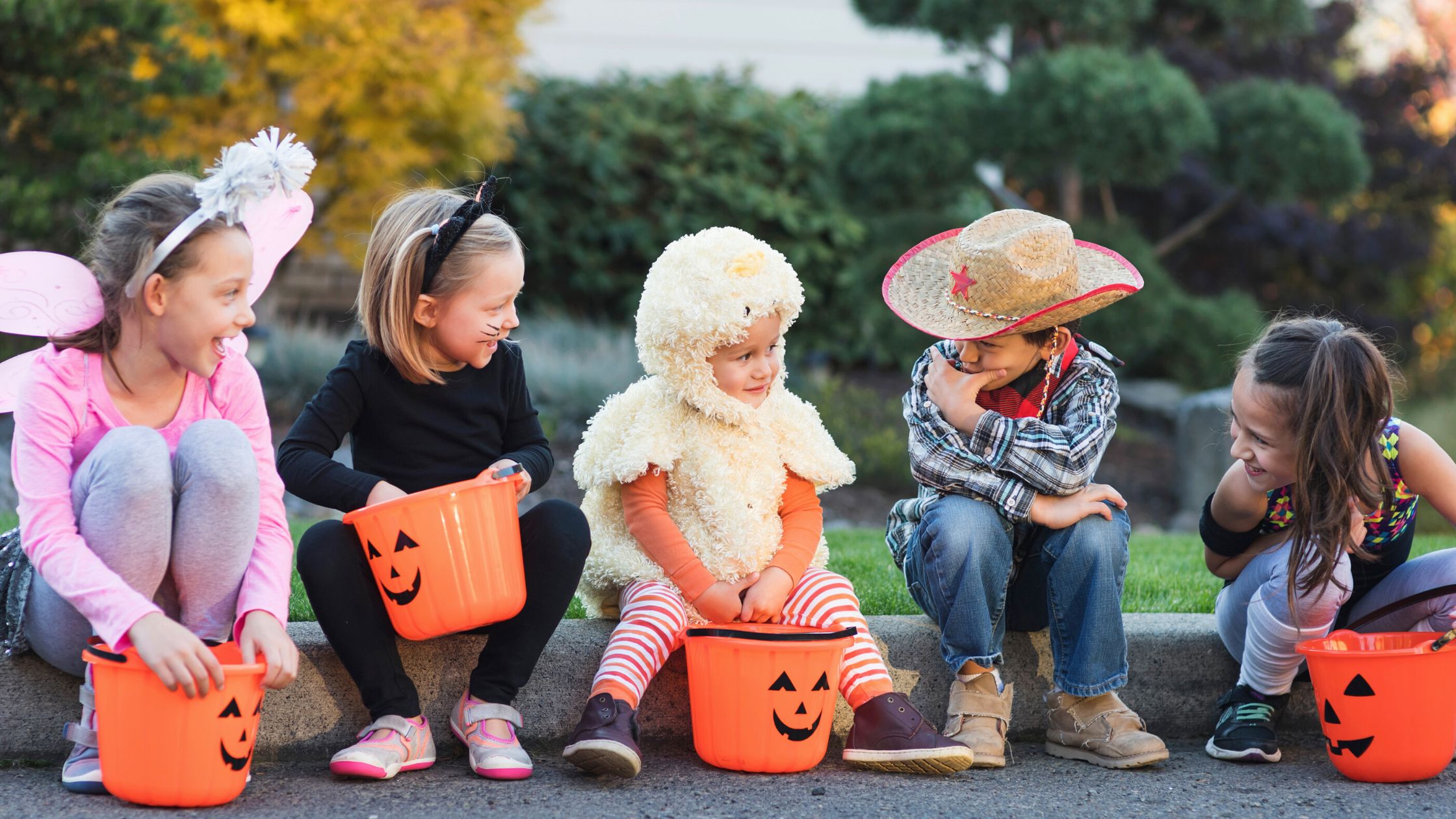
We have compiled a list of sensory-friendly Halloween costumes, activities and tips for children with autism.